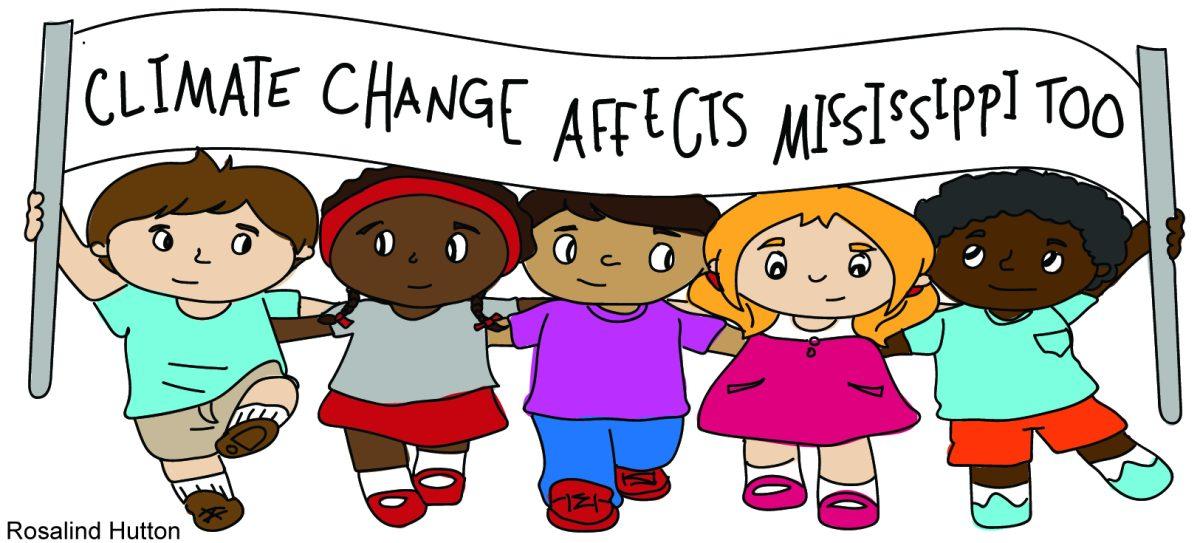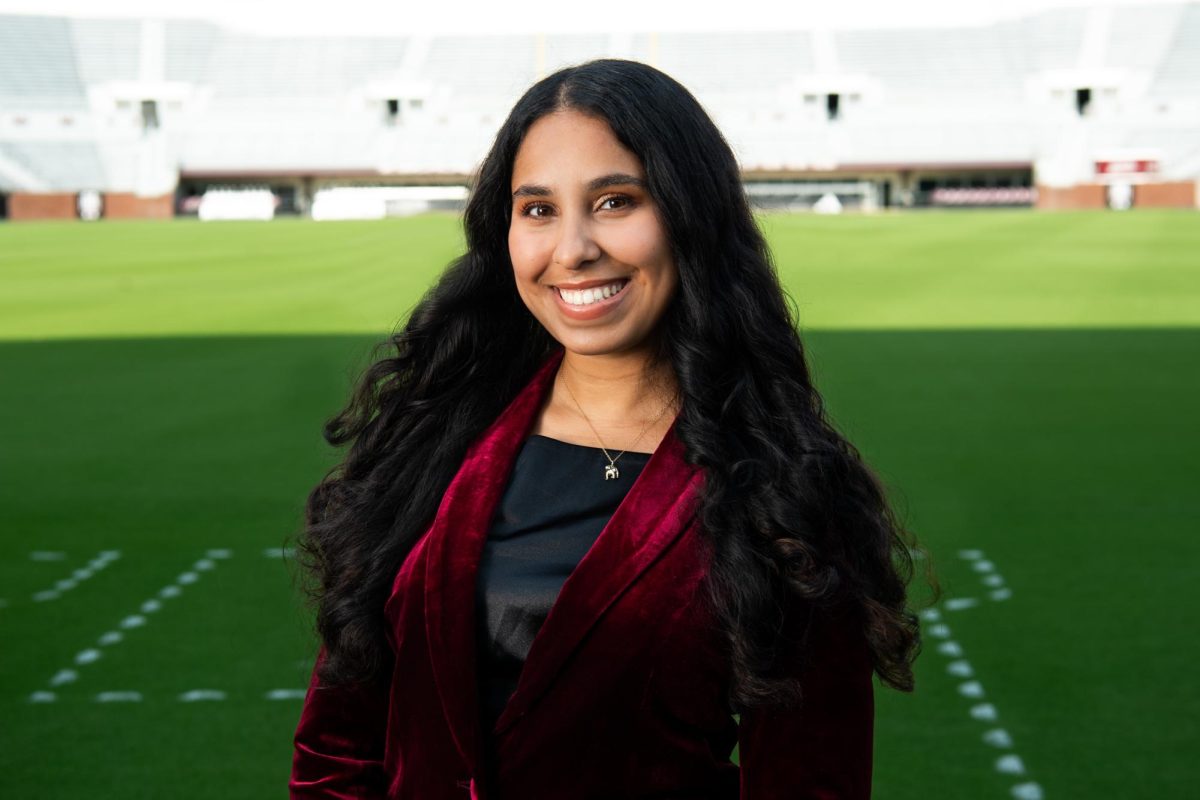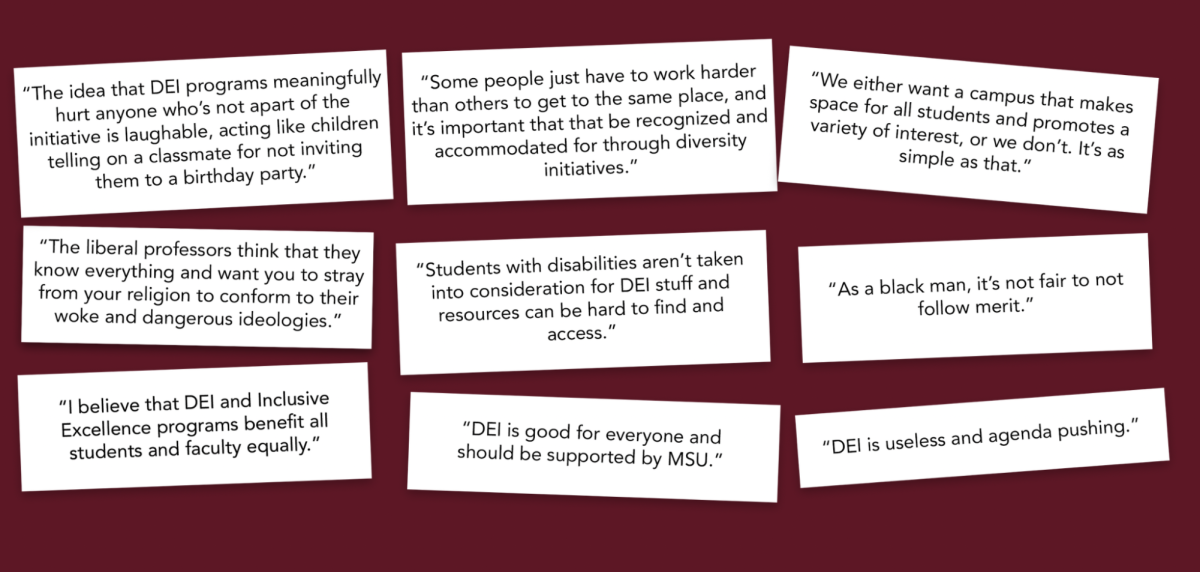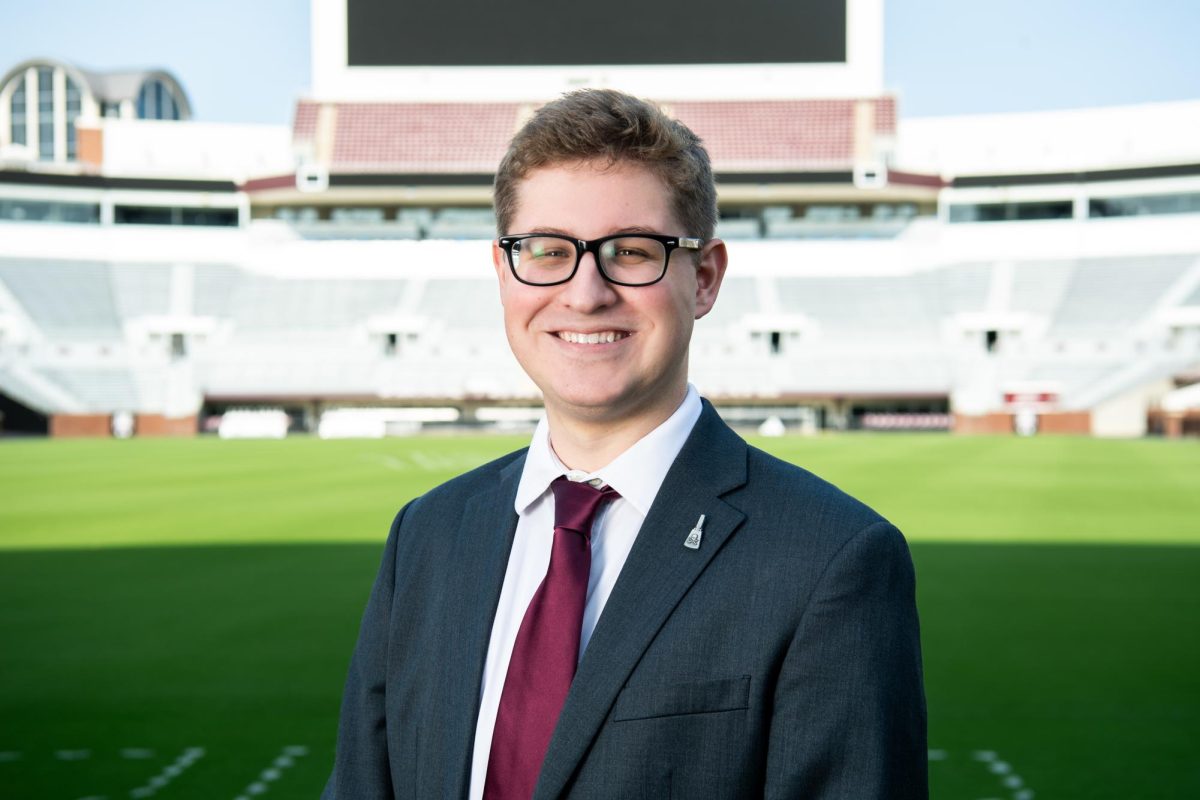The Mississippi State University Climate Reality Project will host a Climate March at 2 p.m. Friday. Participants will meet at Lee Hall before marching to Unity Park. Golden Triangle NAACP chapter President Yulanda Haddix will speak at the march.
The Climate Reality Project is a new club that was formed this semester. According to President and co-founder Mayukh Datta, the club began in response to a perceived lack of action on climate change.
“There were very few renewable energy projects on campus, and little climate action,” Datta said. “We wanted to put a group of students together to work towards solving that issue.”
According to Datta, the club has two primary goals: educating the student body on climate issues and advocating for a university-wide switch to renewable energy.
Club Campaign Coordinator Kristen Killgore said the march is meant to demonstrate student support for those goals.
“The march is a physical show of how students on this campus are interested in renewable energy or any other kind of climate initiatives,” Killgore said. “I think it’s important to have a visible number of people that are coming out and that care about climate change.”
Killgore, a junior majoring in civil and environmental engineering, was quick to add that the club plans on implementing their goals in the long term.
“We would love to have at least 50% of the university’s energy to be renewable by the year 2030,” Killgore said.
Datta, a junior majoring in chemical engineering, believes students should be aware of how climate change affects Mississippi.
“Mississippi has some of the worst access to health care, the worst infrastructure. So when we have a huge storm like Katrina, it disproportionately affects our state more than any other,” Datta said.
Killgore noted that the current range of environmental education offered at MSU is limited.
“We have things like sustainability minors and a few environmental classes offered every semester,” Killgore said, “but I don’t think that’s enough.”
In addition to the march, the Climate Reality Project sponsored a climate advocacy training on Nov. 2. The training featured presenters from throughout the Southeast who spoke on topics such as carbon taxes, environmental justice and environmental journalism.
Datta said the club consciously chose speakers from throughout the Southeast, not just the university.
“Whenever we’ve had climate talks in the past, it’s elevated the voices of professors on campus. While that’s valuable, Mississippi has some really cool people working on climate change,” Datta said. “Like Mississippi, the Southeast is a vulnerable area. We want to amplify the voices of climate activists from this area.”
Campaign committee member Tyler Griffis said the march has taken months of planning.
“We had to figure out the legal process of staging a demonstration like this, as well as coordinate with local businesses, find staging areas, ask the police for advice, things like that,” Griffis said.
As a Starkville native, Griffis helped the club in discussions with the Board of Aldermen and City Hall. The final destination of Unity Park was chosen, Griffis said, for legal reasons.
“We found that if we held the event in a park, then city regulations are much looser,” Griffis said. “We were prepared to submit paperwork to the city asking for permission, but when we talked about meeting in the park, the city told us no submission was necessary.”
Griffis said the club had multiple subcommittees working simultaneously to organize the march.
“There’s a group who made all the posters and ephemera associated with promoting this. There’s a group who deals with the university’s administration and another group who comes up with issues to present, and so on,” Griffis said. “It requires a lot of coordination which I think has been handled pretty well so far.”
The CRP plans on doing another march in the spring, as well as another round of advocacy training.
Killgore said she hopes the Starkville community members will become involved with the march as well.
“I want the march to show the community that this is what students care about, but it affects them too,” Killgore said. “You don’t have to be at an institution to be aware of your situation.”
Datta hopes the march can make an impact on a larger level as well.
“Climate change is not local. It doesn’t just affect MSU, and whatever steps we take won’t mitigate climate change as a whole,” Datta said. “We have to make systematic and statewide changes in our renewable energy policies.”
Griffis said he thinks the march has the potential to spark further student activism.
“Seeing that a lot of students care about something you care about—that they’re doing something and you can too—I think that’s very energizing,” Griffis said.
For more information on the Climate Reality Project, visit their website or their Instagram, @msstateclimatereality.
Students march for climate change
0
More to Discover





















































































